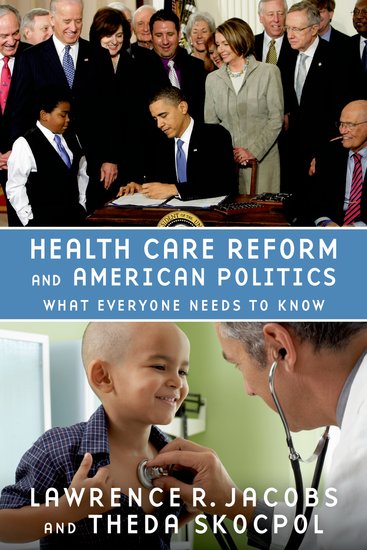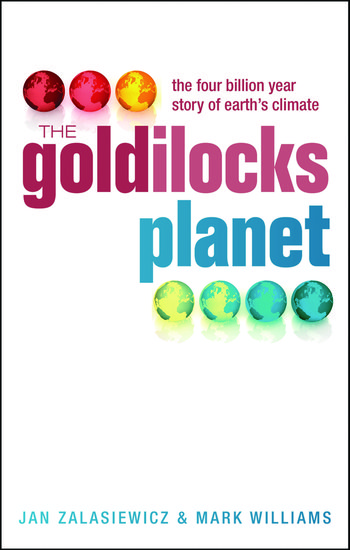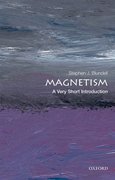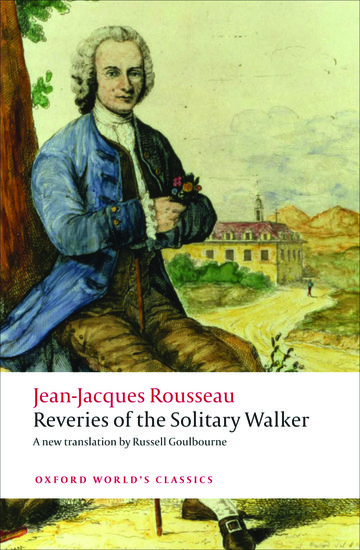Five things you need to know about the Affordable Care Act
With the Supreme Court’s decision on the legality of the Affordable Care Act finally made, we pulled together a quick list of things you should know from Health Care Reform and American Politics: What Everyone Needs to Know by Lawrence R. Jacobs and Theda Skocpol.














